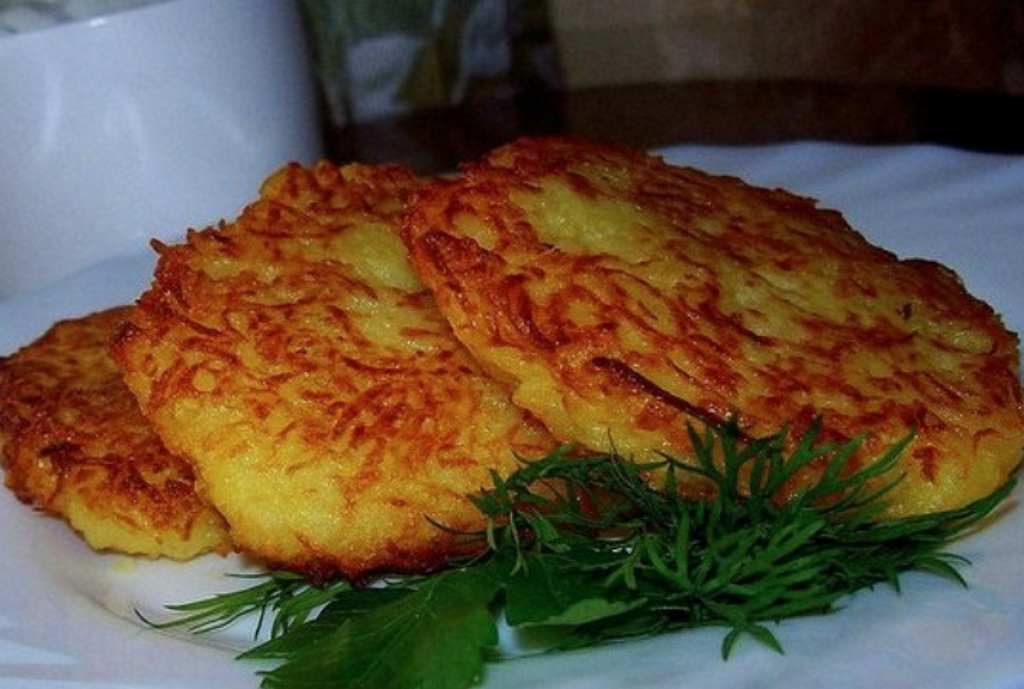Anna Zadora, PhD Hab. at Strasbourg University, is an expert in Belarusian identity and historiography.
Food cultivation, preparation, and consumption are important reference points in the creation of national identity. Food has strong symbolic, even quasi-sacred, associations in many cultures. For Slavic peoples, bread is a very important symbol, while in Belarus, potatoes are known as "the second bread."
Belarus presents an extremely difficult case from the perspective of identity-building: for many scholars, it is a country "without a history" (Zaprudnik, 1993), "without a nation" (D. Marples 1999), and "without an identity" (Bekus, 2010). In the Belarusian context, food — especially food that is cheap, rustic, and simple to cultivate, like potatoes — becomes an important identity marker.
The history of Belarus, which is situated at a crossroads of countries, cultural blocs, and zones of influence (the Eastern or Eurasian bloc represented by Russia, and the Western European bloc represented by Poland) is nothing if not turbulent, marked as it is by wars, invasions, divisions, and annexations.
In this difficult context, where identity construction cannot be orchestrated "from the top down" through a concerted effort on the part of the state or ruling elite, nation-building is conceived, performed, and perpetuated by ordinary people through banal everyday rituals like singing, telling fairy tales, and food cultivation and consumption. Eating has a special place among such daily rituals: it is performed several times a day, and not only spells nutrition and survival, but also takes pride of place in the project of identity- shaping.
The history of Belarus is that of a poor land and a poor people. Accordingly, the staple ingredient of Belarusian cuisine is the potato, an extremely simple, rustic root vegetable. Belarusians are even nicknamed the "potato people [Bulbiachy/ Бульбяшы]" in Belarusian. Food identification affects national identification. Belarus is a nation of peasants: the inhabitants of Belarusian cities are mainly rural dwellers who moved into cities during the urbanization of the 1970s and who conserved strong links with a rural milieu and mentality. As peasant fare, potatoes are still the most important food for Belarusians and an element of everyday experience of national identity.
The centrality of the potato in the national imagination of Belarus points to the specific difficulties inherent in forming a coherent Belarusian nation. The peasantry was historically the largest social grouping, but poor education, weak social organization, and undeveloped social consciousness meant that it could not be a force in the movement for national identification. “Touteichya” refers to the question of the identity of Belarusians, sandwiched as they were between Russians on one side and Poles on the other, and considered by these peoples as either polonized Russians or russified Poles. "Touteichya" was also a refuge from the conflict between Russian and Polish identities in situations where to choose between one of the two would have been politically unsafe. Thus, the "touteichya" identity is a pragmatic solution for avoiding choice, rather than an identity choice in itself. Potato consumption is an element of an inclusive Belarusian identity common to different communities living in Belarusian lands, transcending ethnic and religious differences. Thus, potato-eating constitutes an inclusive identity marker for all the inhabitants of Belarus.
For several decades, the process of globalization has sparked discussions about the disappearance of nation-states. Global trade and the rise of concepts like "global citizen" have helped reduce differences and distances among individual nation-states, especially with regards to modern modes of consumption and means of communication.
Yet in some cases, globalization promotes and strengthens traditional national identities rather than supplanting them with new ones, thus providing further opportunities for tension among different national styles. For some Belarusians, potatoes represent protection against global epidemics and "denaturized" foreign food, and a way of belonging to a peasant — by which they mean a "real" and "authentic" — nation. At the same time, many researchers qualify Belarusian identity as weak or fuzzy, qualities they attribute to a lack of any "metaconcept" of the Belarusian nation that would transcend everyday rituals. Although Belarusians eat potatoes, it seems they do not consciously generalize their potato-eating tradition or deploy it to promote a well-defined Belarusian national identity.



